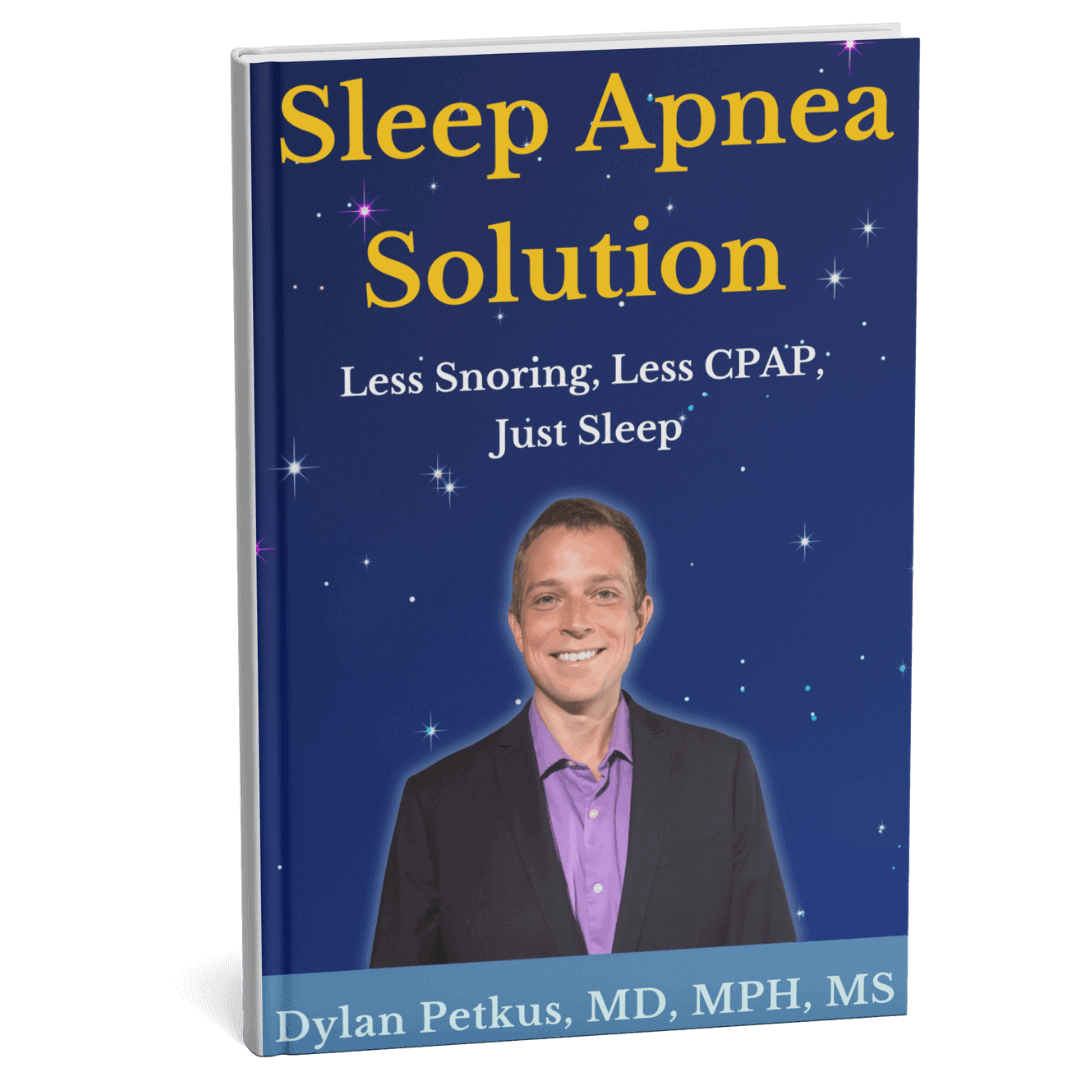
When managing sleep apnea, avoiding sedatives at all costs could be one of the best moves you make. Why is that? Sedatives may be great for relaxing your entire body, but it may be bad news for your throat.
It’s possible that sedatives may relax your throat a little too much, leading to more snores and sleep interruptions. By avoiding sedatives, your airway may function better and your sleep might get a major upgrade.
Instead, consider trying natural remedies for obstructive sleep apnea. This could include trying an anti-supine sleep position, making diet and other lifestyle changes, or sipping some herbal tea to relax your mind and body before bedtime.
The Impacts of Sedatives on Sleep Apnea
If you have sleep apnea, you’ve probably wished you could simply pop a pill and drift off into dreamland. However, taking a sedative or a sleeping pill can be problematic because it relaxes your entire body, which could lead to more severe sleep apnea symptoms and side effects. These could include:
- Constant daytime sleepiness and exhaustion
- Reduced attention span and memory
- High blood pressure or other cardiovascular problems
- Diabetes
- Increased mood swings
- Anxiety and/or depression
Lifestyle Changes to Try

Because you probably don’t want your symptoms to worsen, look for natural ways to improve your sleep quality. Here are a few tactics you may want to implement:
- Breathing exercises: Techniques like box breathing or rectangle breathing can strengthen your respiratory muscles and improve airflow. Practicing Bhramari Pranayama for sleep apnea, a form of breath control in yoga, can also help you relax and calm your nervous system.
- Anti-inflammatory herbs: Adding valerian root, turmeric, ginger, or chamomile to your diet may help reduce airway inflammation and promote better sleep.
- Anti-supine sleeping position: Try sleeping on your side, rather than on your back, to make breathing easier throughout the night.
- Healthy weight: Weight management can lower the severity of your sleep apnea by putting less pressure on your airway.
- Consistency: Going to bed and waking up at the same time every day (even on weekends) is important to caring for your body’s internal clock.
The Root of it All
While there are many techniques worth trying to help you manage sleep apnea, you’ll never get rid of the problem without addressing the main cause of your sleep disorder. Making the right lifestyle changes can lead to long-lasting health improvements. At Optimal Circadian Health, we believe that eating right, getting regular exercise, and sticking to good sleep habits (along with breathing therapies) are an excellent combination and solid start to overcoming your sleep apnea struggle.
If you’re ready for a new approach, give Dr. Dylan Petkus’ book–Sleep Apnea Solution–a read! Our hope is that you’ll learn new, practical ways to manage your disorder through effective breathing techniques designed to help you get better sleep and hopefully put your big, bulky CPAP machine away for good.



